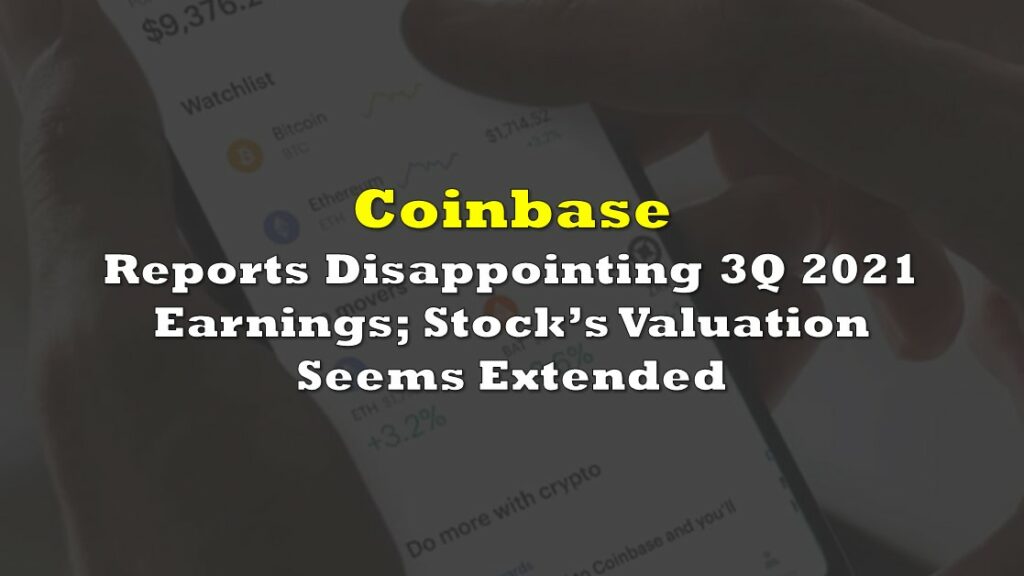Coinbase’s (NASDAQ: COIN) refusal to pay a $20 million bitcoin ransom has laid bare systemic vulnerabilities in its reliance on overseas contractors and a years-long pattern of social engineering scams draining millions from users.
CEO Brian Armstrong revealed that cybercriminals bribed customer support agents to steal sensitive data from 6,000 users—including government IDs, Social Security numbers, and bank details—to fuel phishing schemes. The breach, impacting less than 1% of monthly users, triggered a $20 million extortion demand.
“Their aim was to gather a customer list they could contact while pretending to be Coinbase — tricking people into handing over their crypto. They then tried to extort Coinbase for $20 million to cover this up. We said no,” Coinbase said.
🚨BREAKING: Coinbase says staff leaked customer data, refuses to pay $20M ransom https://t.co/6kdSYF46Sk
— Protos (@Protos) May 15, 2025
Coinbase countered the ransom by offering a $20 million bounty for information leading to arrests, a symbolic gesture that failed to quell investor unease: COIN shares slid 5% in premarket trading. However, in the company’s 8-K filing, it disclosed potential costs between $180 million and $400 million for reimbursements of scammed customers and legal fallout.
Nevertheless, Coinbase insists it never exposed private keys, login credentials, account or wallet access, nor any means to move customer funds itself.
https://t.co/evpIBMFvRW pic.twitter.com/f6UPdkL5R0
— Brian Armstrong (@brian_armstrong) May 15, 2025
This incident is not an outlier but a symptom of Coinbase’s chronic security gaps. Blockchain investigator ZachXBT estimates $300 million in annual losses from Coinbase−targeted social engineering scams, dwarfing rivals like Binance and Kraken. In May alone, ZachXBT documented $45 million stolen through fraudulent recovery services impersonating Coinbase support—a scheme enabled by lax third-party vetting.
Internal leaks confirm rogue agents exploited Coinbase’s reliance on overseas contractors for cost-cutting. “These support teams are often outsourced to India and the Philippines, where training and oversight are minimal,” said a former compliance officer, speaking anonymously due to nondisclosure agreements.
Critics argue Coinbase’s growth-at-all-costs model prioritizes shareholder returns over security. Security researcher Taylor Monahan lambasted Coinbase’s new in-wallet messaging feature as a “direct, encrypted line for scammers,” noting that weekend account takeovers now average $50 million.
Coinbase said it is now “cooperating closely with law enforcement to pursue the harshest penalties possible.”
The SEC, already suing Coinbase for operating an unregistered securities platform, may leverage the incident to justify stricter data custody rules under Chair Gary Gensler’s crackdown.
Information for this briefing was found via Protos and the sources mentioned. The author has no securities or affiliations related to this organization. Not a recommendation to buy or sell. Always do additional research and consult a professional before purchasing a security. The author holds no licenses.









